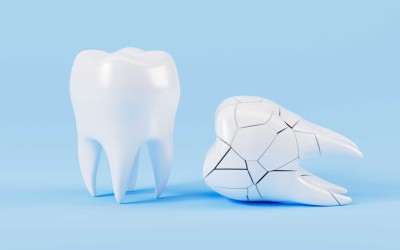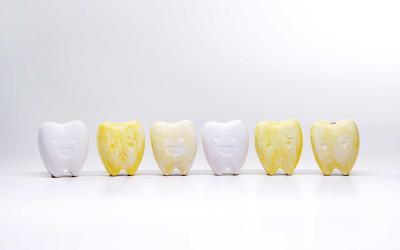Periodontal Treatments: Steps to Overcome Gum Diseases

Periodontal Treatments: Steps to Overcome Gum Diseases
- 27 April 2024
- 1964 views
Overcome gum diseases with periodontal treatments! Achieve healthy teeth with professional care and treatment options.
This content is for informational purposes only and does not replace medical advice, diagnosis, or treatment. Please consult a healthcare professional for any health concerns.
Table of Contents
Gum diseases are defined as infections and inflammations affecting the gums. These diseases can lead to gum recession, tooth loss, and other serious oral health issues. Fortunately, periodontal treatments offer effective steps to treat such problems and regain gum health.
What Are Gum Diseases?
Gum diseases encompass a range of conditions involving infections and inflammations of the gums. These diseases typically arise due to bacterial infections resulting from plaque and tartar buildup. Gum diseases can manifest with symptoms ranging from mild gum bleeding to severe gum recession and tooth loss.
The most common periodontal diseases include:
- Gingivitis: Gingivitis is inflammation of the gums. Plaque buildup and poor oral hygiene are the primary causes of gingivitis. It manifests with symptoms such as redness, swelling, and bleeding of the gums. Untreated gingivitis can progress to more serious gum diseases.
- Periodontitis: Periodontitis is a more severe form of gum inflammation. Plaque and tartar buildup create gaps between the gums and the bone beneath the teeth, known as periodontal pockets. These pockets harbor more bacteria and spread infection. Periodontitis can lead to gum recession, loose teeth, and even tooth loss.
- Gingival Hyperplasia: Gingival hyperplasia is a condition characterized by excessive growth of the gums. It often occurs due to plaque buildup, hormonal changes, medication use, or genetic factors. Gingival hyperplasia presents with symptoms such as swelling, redness, and gum recession.
Symptoms of Gum Diseases
Symptoms of gum diseases include gum bleeding, redness, swelling, gum recession, changes in gum lines, and bad breath. It is important to consult a dentist when these symptoms are noticed.
Importance of Periodontal Treatments
Periodontal treatments play a critical role in controlling and treating gum diseases. Gum diseases can lead to serious problems such as gum recession, gum bleeding, and tooth loss. Periodontal treatments are important for preventing such problems and maintaining gum health.
Periodontal Treatments
The treatments for gum diseases generally include:
Professional Dental Cleaning
One of the fundamental steps in periodontal treatments is professional dental cleaning. Dentists can help prevent and treat gum diseases by removing dental plaque and tartar.
Deep Cleaning (Root Planing and Scaling)
In the advanced stages of gum disease, a procedure called deep cleaning may be necessary. This procedure involves root planing and scaling to remove plaque and tartar beneath the gums.
Surgical Interventions
In some cases, surgical interventions may be necessary to treat advanced gum diseases. These interventions may include gum pocket reduction, bone grafting, soft tissue grafting, and periodontal flap surgery. These procedures aim to restore gum health and prevent tooth loss.
Antibiotic Therapy
Antibiotics may be prescribed for the treatment of gum diseases in some cases. Antibiotics can be used to control and treat infections in the gums. Additionally, antibacterial mouthwashes can be used to support gum health.
Home Care and Precautions
Several measures can be taken at home to enhance the effectiveness of periodontal treatments. These include regular brushing, flossing, and using mouthwash. Additionally, habits that may trigger gum diseases, such as smoking, should be avoided.
Regular Dental Checkups
Regular dental checkups are important for maintaining the success of periodontal treatments. Dentists play a crucial role in monitoring gum health, evaluating treatment, and updating treatment as needed.
Periodontal treatments offer important steps to control and treat gum diseases. Professional dental cleaning, deep cleaning, surgical interventions, antibiotic therapy, and home care measures are effective methods for regaining gum health. However, early diagnosis and regular dental checkups are crucial for the effectiveness of periodontal treatments. It is important to consult a dentist when symptoms are noticed or if there are any concerns about gum health.







